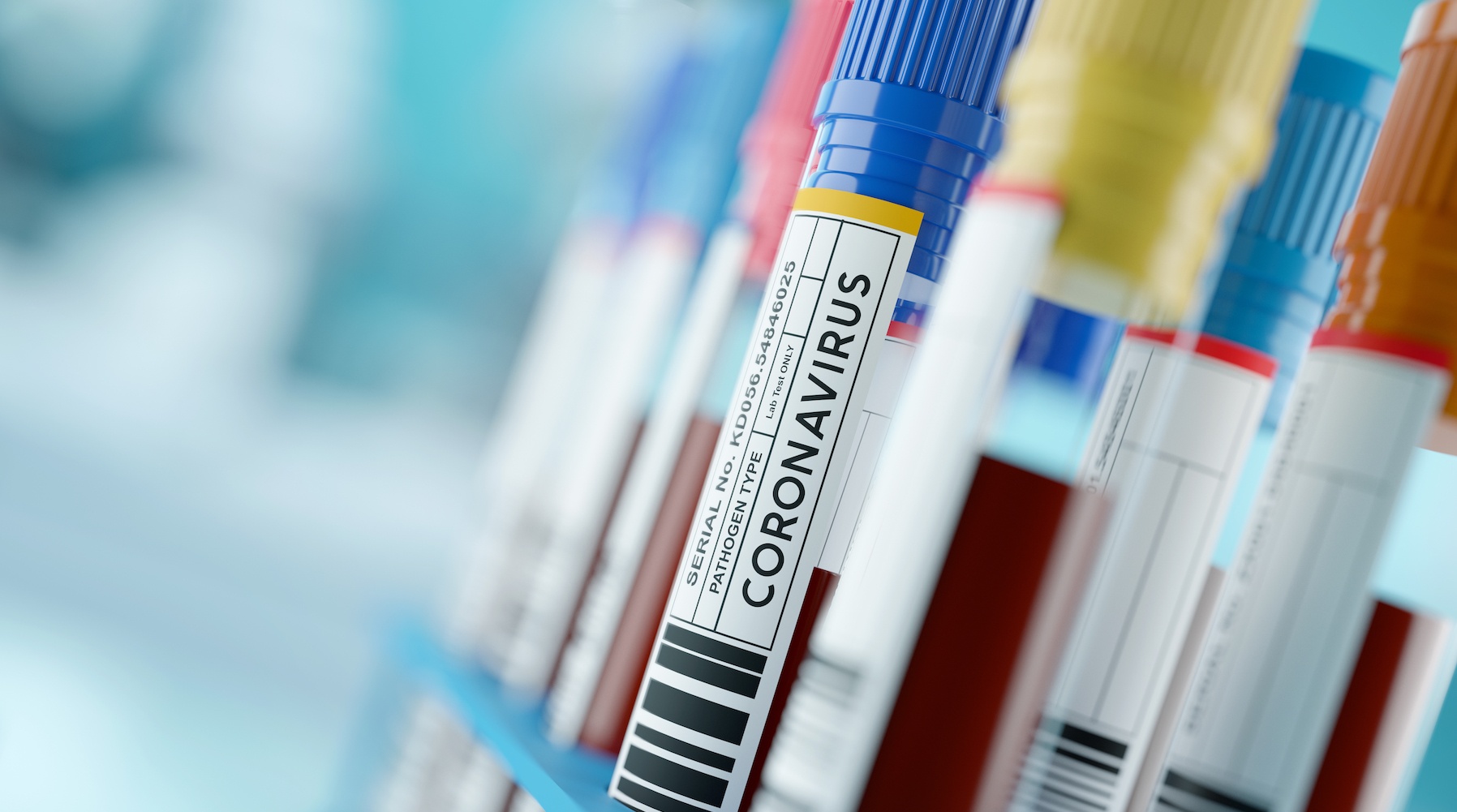Adam’s Journal
What are the prospects for developing a vaccine for the COVID-19 coronavirus?
Dr. Prescott Prescribes
When new communicable illnesses arise, vaccines have proven one of the greatest public health tools to fight them. The good news is that, for COVID-19, we’re on a path to develop a vaccine far more rapidly than in the past.
We already know a great deal about the coronavirus family. Several coronaviruses commonly infect humans, causing colds. Two others – SARS and MERS – have developed over the past two decades, and scientists have studied them extensively.
So, when this new strain of coronavirus emerged, scientists didn’t have to start from scratch. They were able to hit the ground running.
In addition, scientists are using a new method to develop a COVID-19 vaccine. This should further speed the process
After the SARS outbreak in 2003, it took researchers more than a year and a half after sequencing of virus’ genome to begin human trials. By 2015, with the Zika virus, they’d reduced that timeline to six months. With COVID-19, it appears we’ll be able to halve the schedule again, with trials anticipated to begin next month.
Still, it’s important to remember that clinical trials are still a lengthy process. Experimental vaccines must undergo extensive testing in animals and humans to ensure that they are safe and effective.
In a best-case scenario, experts are estimating that testing would take a year. So, we shouldn’t expect a vaccine before the spring of next year. And it could take longer.
By this time next year, we don’t know what the viral landscape will look like. But it’s quite possible to imagine that once we have a vaccine, it will become a regular part of every patient’s vaccination schedule.
In the meantime, we all need to do the things we can to protect ourselves from COVID-19. That means washing our hands often, avoiding large gatherings, and practicing social distancing.



